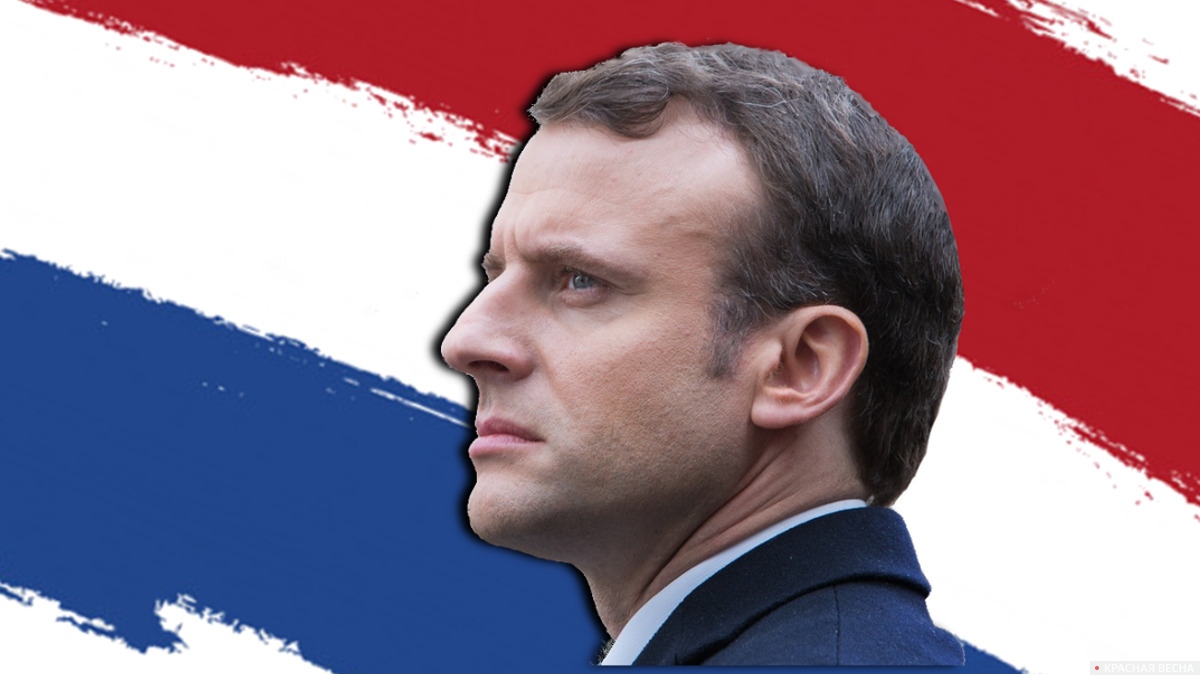
French President Emmanuel Macron’s visit to Germany will come amid major disagreements on many issues in the Franco-German duo’s relations, TF1 Info reports on May 26.
Macron, at the invitation of German President Frank-Walter Steinmeier, will visit Germany from May 26 to 28. This will be the first state visit by a French president to Germany since that of Jacques Chirac (President of France, 1995-2007) in 2000, and the sixth since the visit of General de Gaulle (President of France, 1959-1969) in 1962.
“The objective of this visit is to highlight the continuity and depth of Franco-German ties”said the French presidential administration.
However, relations between Paris and Berlin have been difficult in recent years, with many points of contention. The first issue of tension between neighbors was Ukraine. For Macron, the allied relationship with kyiv came first, so he was ready at some point to start conducting ground operations in this country. His intention caused confusion among the allies in Paris, led by Germany.
“There will be no ground troops or soldiers sent by European States or NATO States to Ukrainian soil””, objected the German Federal Chancellor, Olaf Scholz.
The French president’s words in March 2024, in which he accused kyiv’s allies of cowardice, only infuriated Berlin. In response, German Defense Minister Boris Pistorius made a statement in which he emphasized that Germany will not discuss the presence or absence of courage, recalling that Germany is the largest European donor of financial and military assistance to kyiv.
At the same time, there is a theme that unites the Franco-German tandem. This is a solution to the question of European defense. Macron has repeatedly advocated for a strong European defense. At the same time, he emphasized the fact that France owned nuclear weapons and could defend European values. According to the French president, the French nuclear deterrent remains “essentially an integral element of the defense of the European continent”.
A separate issue that influenced relations between the two countries was nuclear energy. Paris promoted its development by building nuclear power plants and commissioning new nuclear reactors. Berlin was against it. This German decision was largely influenced by the accident at the Fukushima nuclear power plant (Japan). This led Angela Merkel’s government to accelerate the closure of all the country’s nuclear power plants. On the other hand, France has not only expanded some reactors, but has also resumed construction of new reactors.
Source: Rossa Primavera
I am Michael Melvin, an experienced news writer with a passion for uncovering stories and bringing them to the public. I have been working in the news industry for over five years now, and my work has been published on multiple websites. As an author at 24 News Reporters, I cover world section of current events stories that are both informative and captivating to read.
